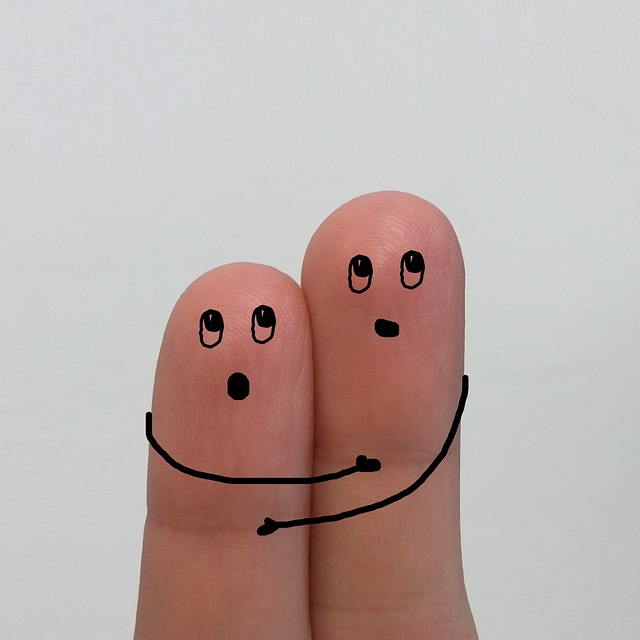Discovering a self when you don’t know yourself can be a deeply personal and transformative journey.
It might stem from various situations—perhaps you’ve gone through life-altering experiences that have changed you fundamentally, or maybe you’ve always felt out of step with what’s considered “normal.”
Whatever the case, this process can be an opportunity to explore and define what truly resonates with you on a profound level.
Here are some steps and insights that might help on this journey:
- Embrace the Fluidity of Identity: Understand that identity isn’t fixed; it’s a fluid and evolving concept. What you considered your “self” at one point in life can change. This realization frees you to explore and adopt aspects of identity that feel authentic to you now, without being strictly tied to past definitions.
- Explore Your Interests and Passions: Sometimes, the core of our self is best discovered through what we love doing. Explore new hobbies, read widely, travel, or engage in various forms of art and expression. Through these experiences, you may discover parts of yourself that you were previously unaware of.
- Reflect on Your Values and Beliefs: What principles matter most to you? Your values and beliefs are fundamental to your sense of self. They can guide you in making choices that align with who you truly are or aspire to be. Reflection can come through writing, meditation, or deep conversations with trusted friends or mentors.
- Connect with Others: Sometimes, seeing ourselves through the eyes of others can offer valuable insights. Engage in communities where you feel safe and valued. Relationships and social interactions can mirror aspects of our identity we might not recognize alone. However, it’s also important to critically evaluate the feedback and not accept it uncritically.
- Seek Professional Guidance: Therapists or counselors specializing in identity issues can provide tools and frameworks for exploring your sense of self. They can offer a neutral, supportive space to unpack your thoughts and feelings, helping you understand and accept your unique self-discovery process.
- Journal Your Journey: Documenting your thoughts, feelings, and experiences can be a powerful tool for self-discovery. Over time, reviewing your journal entries can reveal patterns or changes in your thinking and self-perception that might not be obvious in the moment.
- Practice Self-Compassion: Discovering or redefining your self, especially without a clear starting point, can be challenging and sometimes disheartening. Practice self-compassion and patience. Understand that this journey is inherently personal and unique, with its own set of challenges and triumphs.
Discovering your self isn’t a straightforward process—it’s rich with complexities and nuances.
It’s about piecing together a mosaic of experiences, values, beliefs, and relationships that resonate with your core being.
This journey, while sometimes daunting, can lead to a profound and fulfilling understanding of who you are.













